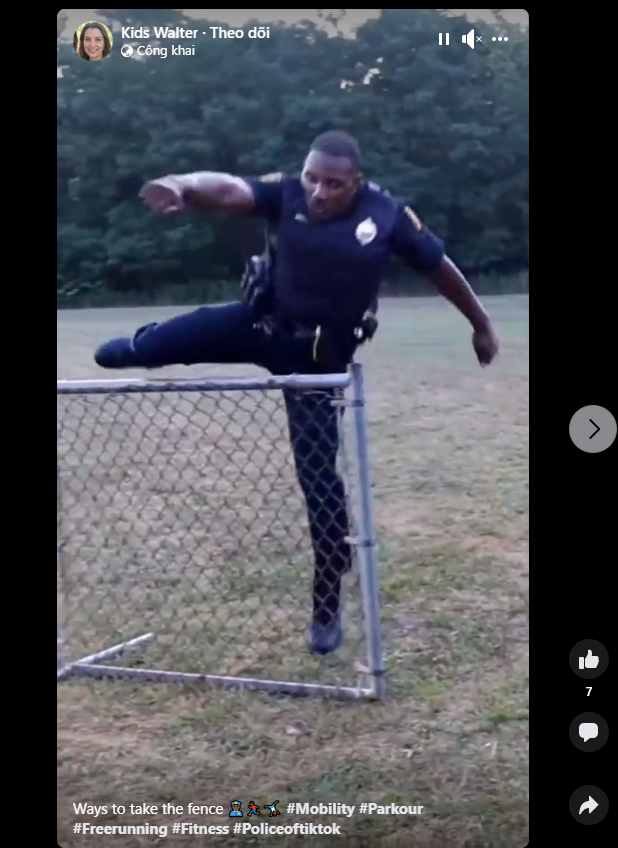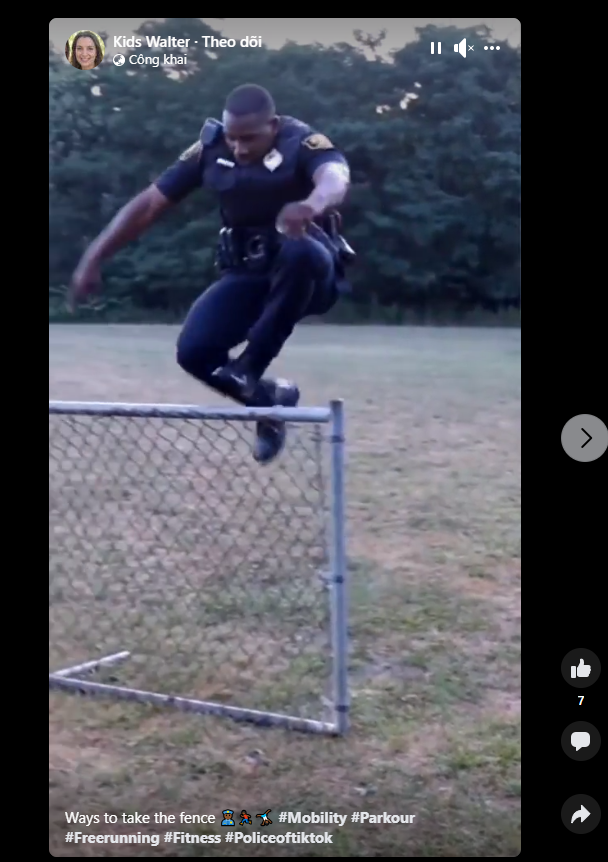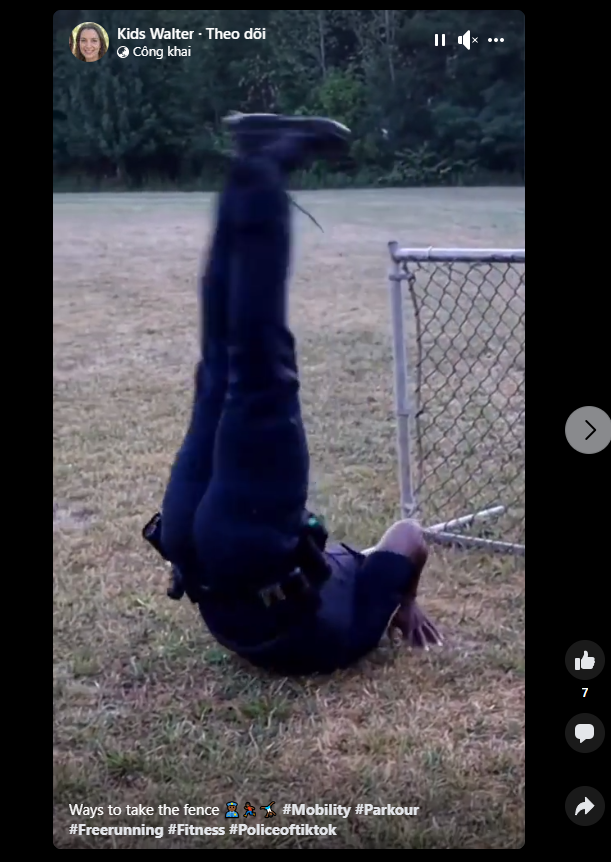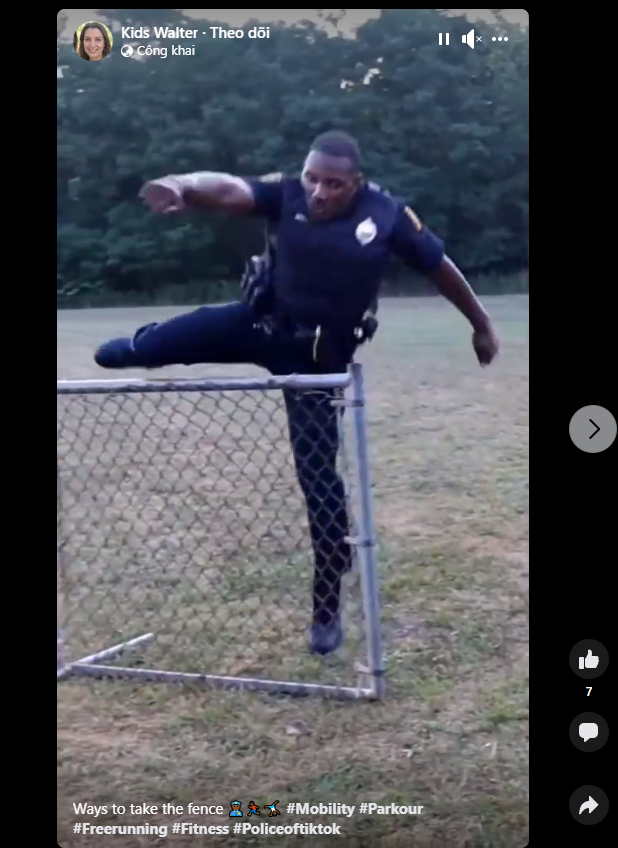Observation is a crucial skill in many aspects of life, and it plays a particularly significant role in learning and development. Teachers and instructors are often amazed at their students’ ability to observe while practicing, as it reflects a deep level of engagement and dedication to the subject matter.

In educational settings, students who actively observe while practicing demonstrate a genuine interest in the subject matter. Whether it’s in a science laboratory, an art studio, or a music room, these students go beyond mere participation – they immerse themselves in the process. They pay attention to details, ask insightful questions, and seek to understand not just the “how” but also the “why.”

This level of observation also leads to a richer learning experience. Students who keenly observe while practicing are more likely to make connections between different concepts, identify patterns, and develop a deeper understanding of the subject. It’s as if they are piecing together a puzzle, and each observation is a valuable piece.

Furthermore, students who observe while practicing often excel in problem-solving. They are better equipped to analyze complex situations, identify potential challenges, and come up with innovative solutions. This ability to think critically is a valuable skill that extends beyond the classroom and into various aspects of life.
Instructors and teachers are delighted when they see their students exhibit such dedication to observation. It reflects not only a passion for learning but also a commitment to personal growth and mastery. It reminds us that the journey of education is as important as the destination, and that the ability to observe and reflect is a powerful tool for lifelong learning and success.
https://www.facebook.com/reel/133294816472244

